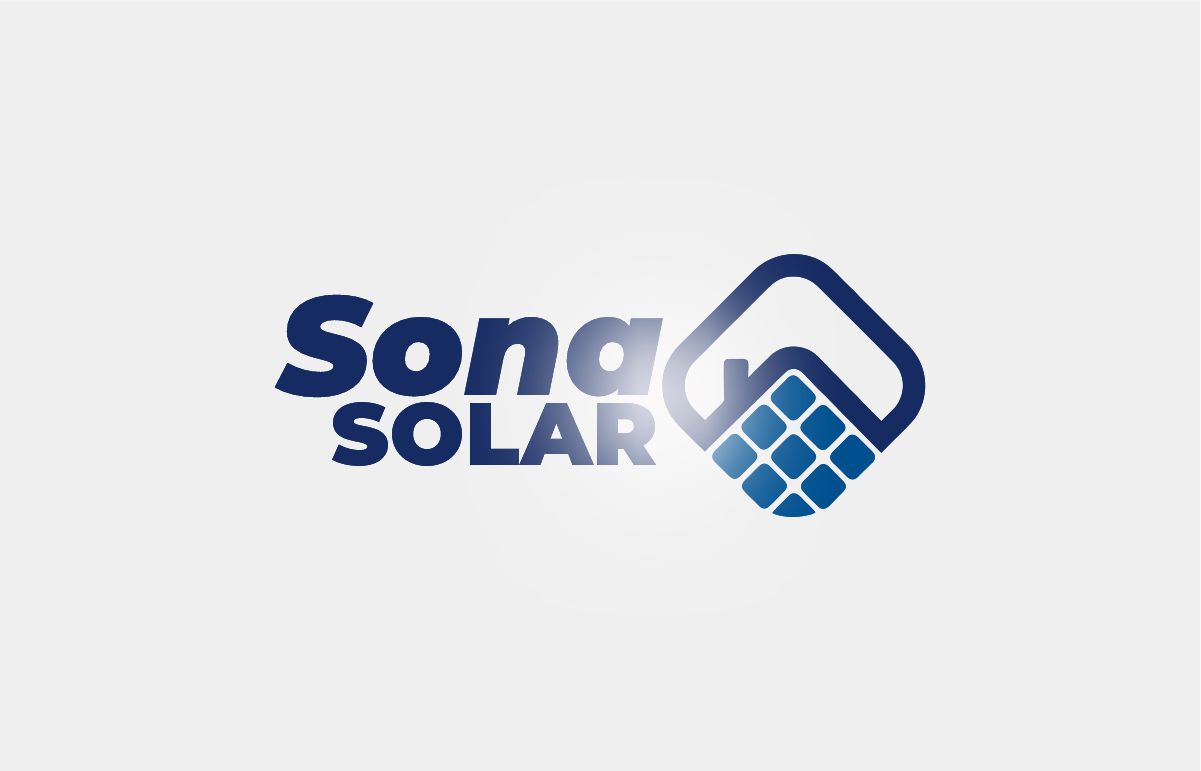What Does 100Ah Mean on a Battery? An In-Depth Guide for Solar Systems in Zimbabwe
If you are new to the world of solar systems, you have probably heard the term "100Ah Battery" used. Today, we'll explore exactly what that means, how these batteries work, and why they are such a popular and effective choice for solar installations across Zimbabwe.
 |
| What Does 100Ah Mean on a Battery For Solar Systems in Zimbabwe? |
Understanding 100Ah Batteries
An Amp Hour (Ah) measures a battery's storage capacity. It tells you how much current the battery can supply for exactly one hour. To make sense of that, let's define a few key electrical terms:
- Amps (A): The speed of electrical current flowing through a wire.
- Volts (V): The electrical "pressure" in the circuit.
- Watts (W): The total power, calculated as `Watts = Volts × Amps`.
A 100Ah battery can supply a load of 100 amps for one hour, 50 amps for two hours, or more realistically, 10 amps for 10 hours.
The runtime of a 100Ah battery depends entirely on the power requirements of the appliances you are running.
For example, a modern laptop uses about 5 amps of DC power. With a 100Ah battery, you could theoretically power your laptop for 20 hours (`100Ah / 5A`). However, for a real solar system, you are likely powering multiple devices at once.
It's crucial to calculate your total energy needs to see if a single 100Ah battery is sufficient, or if you need multiple batteries connected in parallel for more capacity.

A 100Ah battery is the foundation of many residential solar systems in Zimbabwe.
To understand the total energy a battery holds (which is more useful for home usage), you can convert Amp Hours to Watt-Hours (Wh) by multiplying Ah by the battery's voltage.
Modern, efficient solar batteries in Zimbabwe are typically **51.2 Volts**.
- Energy in a 51.2V 100Ah battery: `100Ah × 51.2V = 5,120 Watt-hours` or **5.12 kWh**.
This means the battery can supply 5,120 watts for one hour, which is more than enough to power essential loads through load shedding.
Frequently Asked Questions
To effectively charge a 5.12kWh (100Ah) battery, you need a solar array that can replenish the daily usage. For a typical setup in Zimbabwe, we recommend starting with at least **3 to 5 high-quality solar panels** (e.g., 450W to 550W panels). This ensures the battery can be fully recharged even on days with less-than-perfect sunlight.
Charging time depends on the battery's state of charge and the power of your solar panels. For example, if your 100Ah battery is 50% discharged (meaning you need to replenish about 2.56kWh), a 1.5kW solar array in good Zimbabwean sunlight could fully recharge it in **approximately 2 to 3 hours**.
Your solar panels and batteries operate on **Direct Current (DC)**. The appliances in your home run on **Alternating Current (AC)**. A crucial component of your solar system is the **inverter**, which safely converts the DC power from your battery into usable AC power for your home.
Get Your 100Ah Battery and Solar Essentials at Sona Solar Zimbabwe
Understanding your battery is the first step towards energy independence. Let our expert team help you design the perfect solar system with the right capacity for your home or business. Contact us today for a free consultation and quote!
Chat with a Solar ExpertCommon Questions and Popular Searches
Explore Answers To Frequent Questions And Discover Resources For Your Solar Journey:
1kVA Inverter Load Guide
Load guide for small households.
2kVA System Load Capacity
Powering essentials in medium homes.
3kVA System Panel Count
Understand solar array sizing.
3kVA Inverter Load Guide
Appliance guide for a typical household.
Best 3kVA Inverter Brand
Compare reliability and warranties.
3kVA Appliance Load Guide
Understand simultaneous load capacity.
3kVA Powering Motor Loads
Guidance on handling motor loads.
Choosing the Right Inverter
Matching inverters to your specific load.
Match Panels to Inverter
Tips for optimal system performance.
3.5kVA Inverter Load Guide
Explore residential setup capabilities.
Best Solar Panels Zimbabwe
Analysis of performance and durability.
Solar Companies Zimbabwe
Customer service and reliability.
Best Solar Panel Brands
Guide for home and business solutions.
Solar Installers Zimbabwe
Professional and certified installers.
3kVA System Cost Guide
Get pricing information for Zimbabwe.
5kVA System Cost Guide
Budget requirements for systems.
Contact Our Sales Team:

Sona Solar Zimbabwe
Address:
7 Frank Johnson Avenue, Eastlea, Harare, Zimbabwe.
Call/WhatsApp:
Sales:
+263 78 293 3586
Sales:
+263 78 922 2847
Operations:
+263 78 864 2437
Email:
sonasolarzw@gmail.com
Website:
www.sonasolar.co.zw

Borehole Experts Zimbabwe
Address:
7 Frank Johnson Avenue, Eastlea, Harare, Zimbabwe.
Call/WhatsApp:
Sales:
+263 77 389 8979
Sales:
+263 71 500 3777
Operations:
+263 71 918 7878
Email:
boreholeexpertszw@gmail.com
Website:
www.boreholeexperts.co.zw

Follow Our Social Media Icons
TikTok Pinterest YouTube Telegram WhatsApp